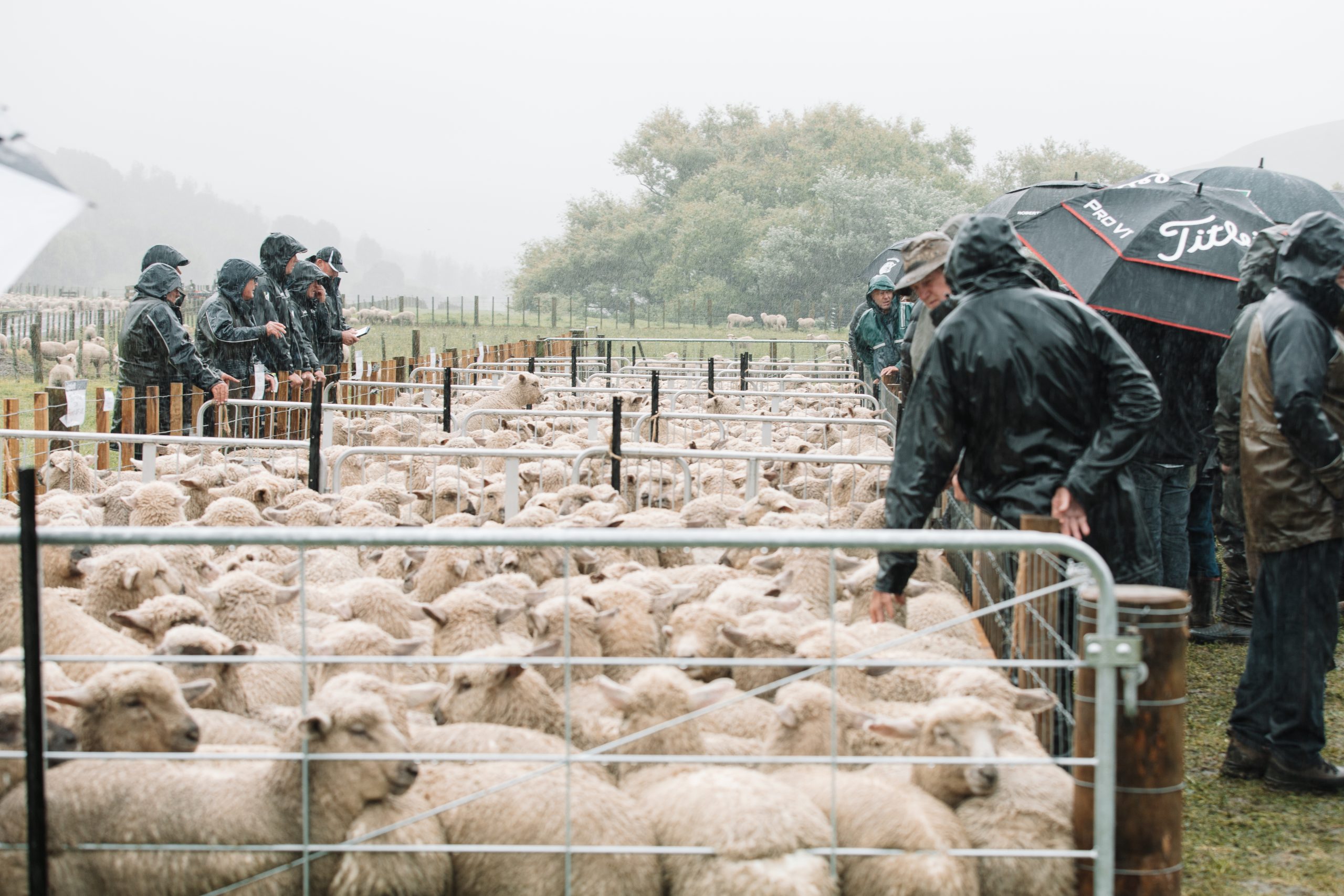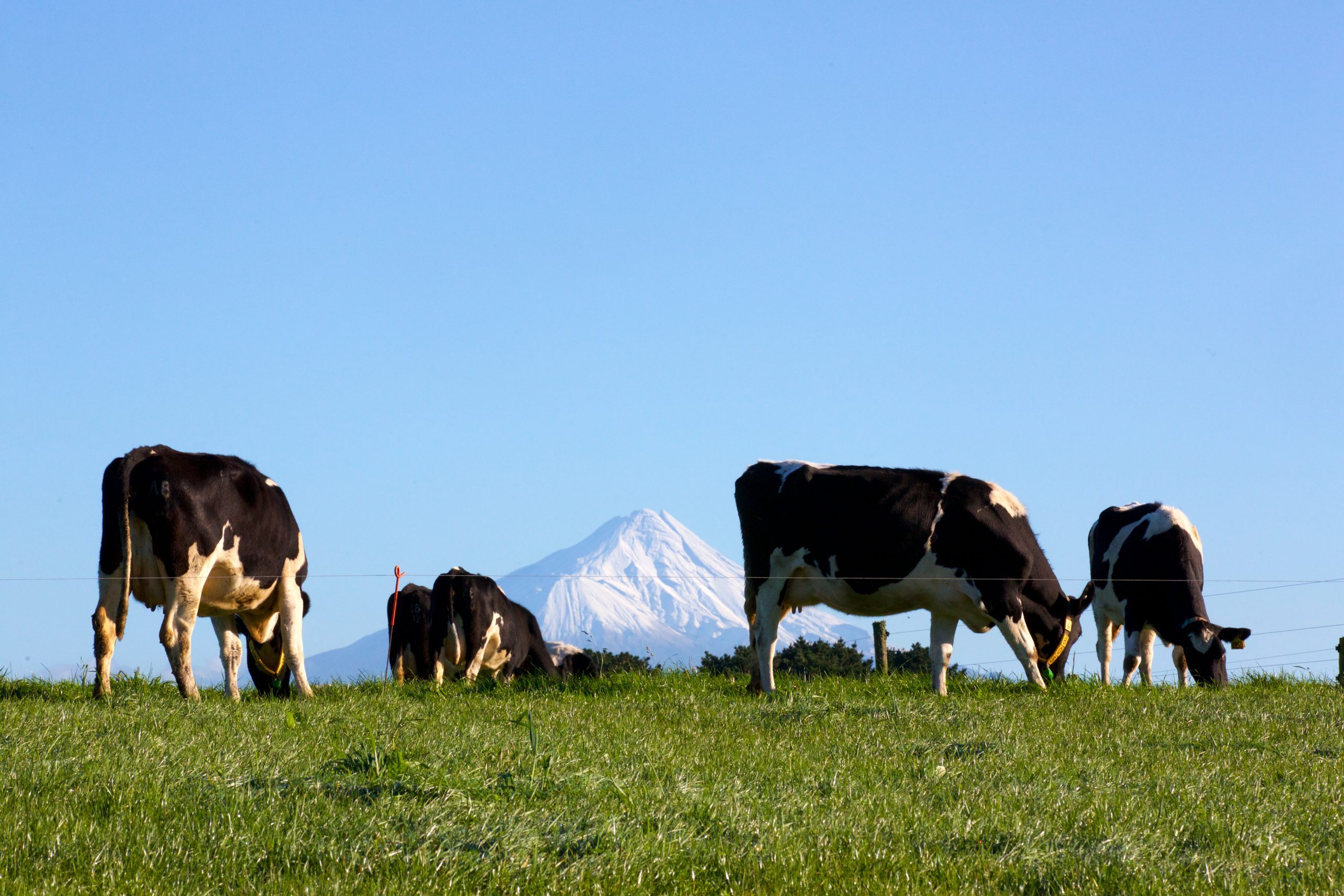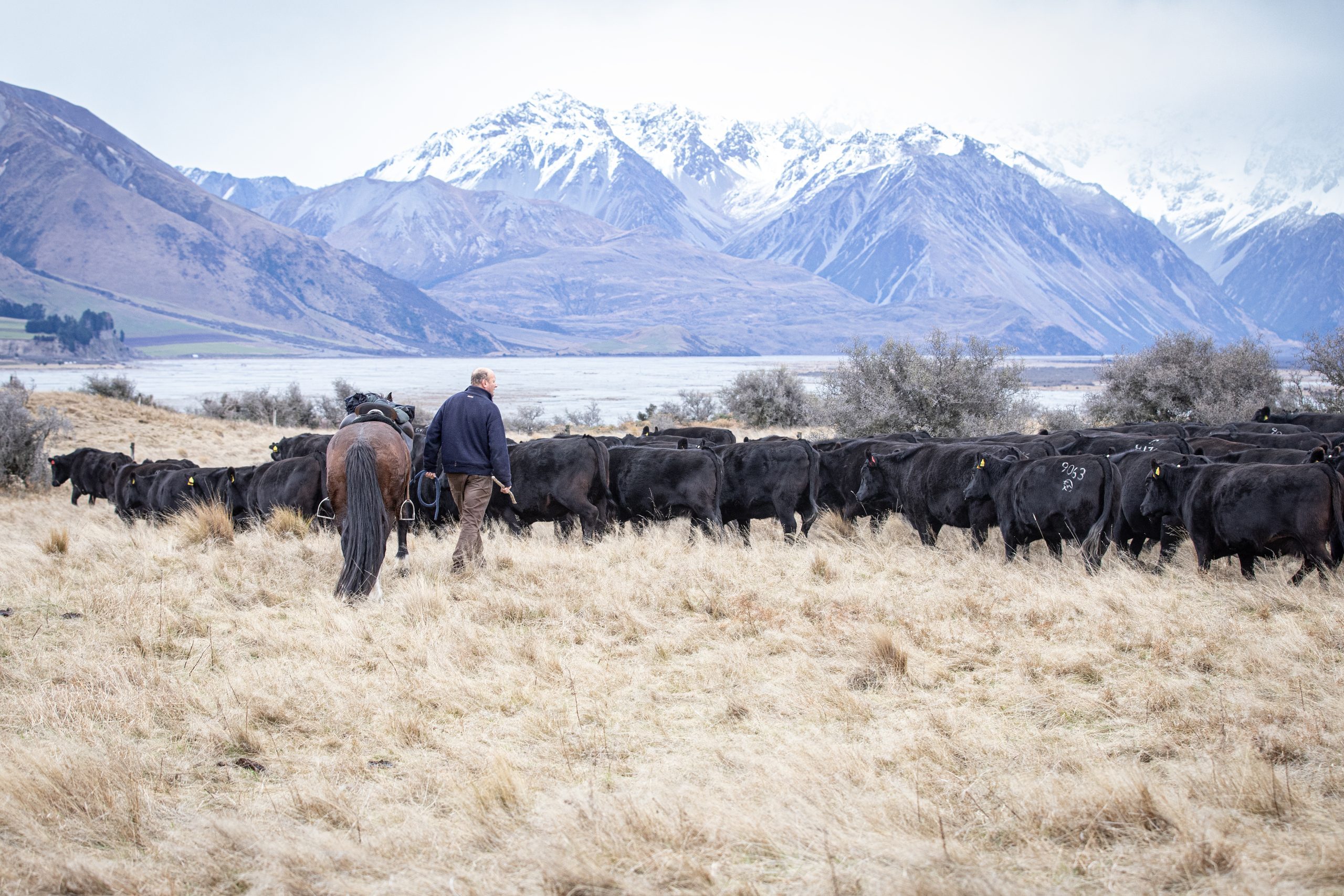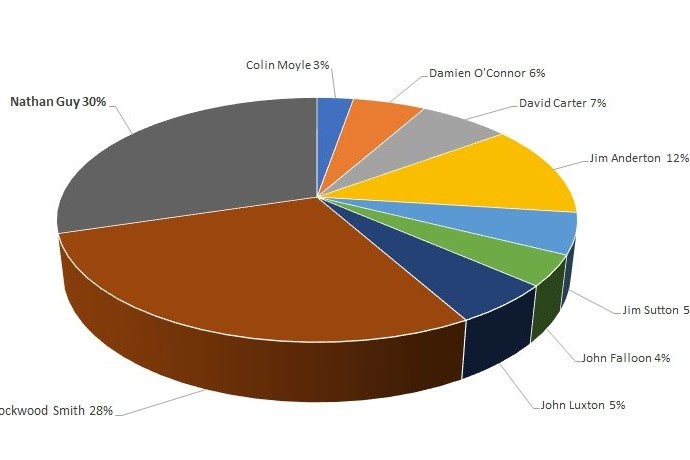Leave farming to farmers
You don't have to look far for gloom and doom, but there are plenty of positives out there too.


You don’t have to look far for gloom and doom, but there are plenty of positives out there too.
During the summer I spoke to several farmers who had children who were not going farming. They had started other careers and their fathers didn’t blame them.
Why would anyone want to be farming, what with land and farmgate prices, input costs, government regulation and extreme weather?
The recent cyclone and its devastating effect on North Island rural regions is hard to comprehend. Cleaning up after a flood is soul destroying and will be tough especially on farms hit by forestry slash.
Farming has never been easy. If it were, everyone would be doing it. But it is still a great job.
I learned of four couples who had recently gone into farm ownership, two of them up against carbon forestry developers. Two couples had help from family, the others had support from outside investors.
So, there are still options but innovative thinking is needed.
Also, you don’t have to own the land to go farming, managing is a good career option.
Our ongoing super managers series features Tony Plunkett. When Tony managed Awakino Station in North Otago, he told me he could manage multiple stations. Now he runs four.
A major problem in farming is the Government won’t keep out of it and leave farmers to farm. The Government has come inside the farmgate and dictated how farmers must run their farms.
That’s why farming needs strong advocacy.
Beef + Lamb’s southern director election will be a test of how upset farmers are; how well the levy group is perceived to have represented grassroot farmers and how strong is Groundswell.
I once asked a Landcorp CEO why the SOE had a vote in director elections when it had no skin in the game. He said his salary was at stake. But he didn’t have a major investment of resources and emotion in a farm. He could easily move on and get another job.
A major problem appears to be the fragmentation of farmer advocacy. In the past, Federated Farmers handled the advocacy and levy groups passed on their concerns to it. Then farmers called for Beef + Lamb to be involved in advocacy. Do farmers now regret it?
Industry groups came together to be one voice under He Waka Eke Noa, but it seemed to be corrupted by the presence of academics and non-farming interest groups.
Was sheep and beef farming well represented in the He Waka? Even the He Waka name was suspected by many farmers as deliberately innocuous to keep most farmers disinterested until it was too late. If it had been called a farming tax it would have gained a lot more attention.





